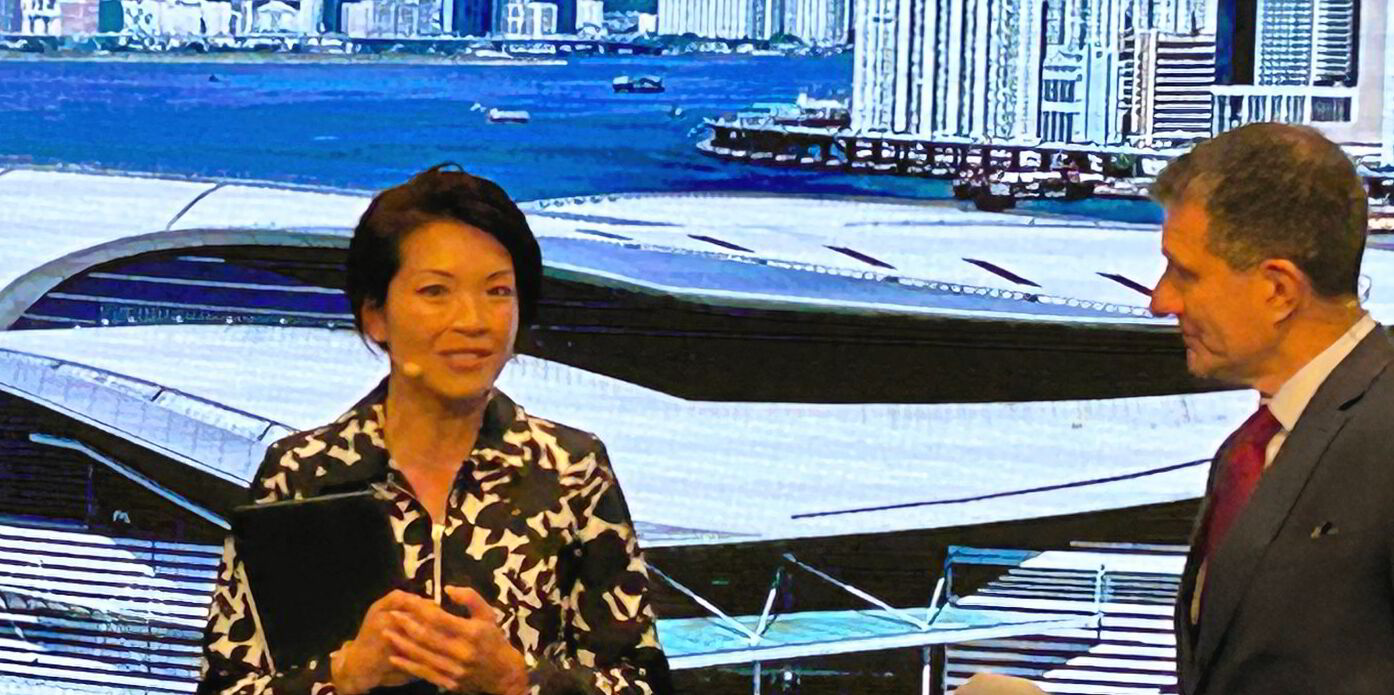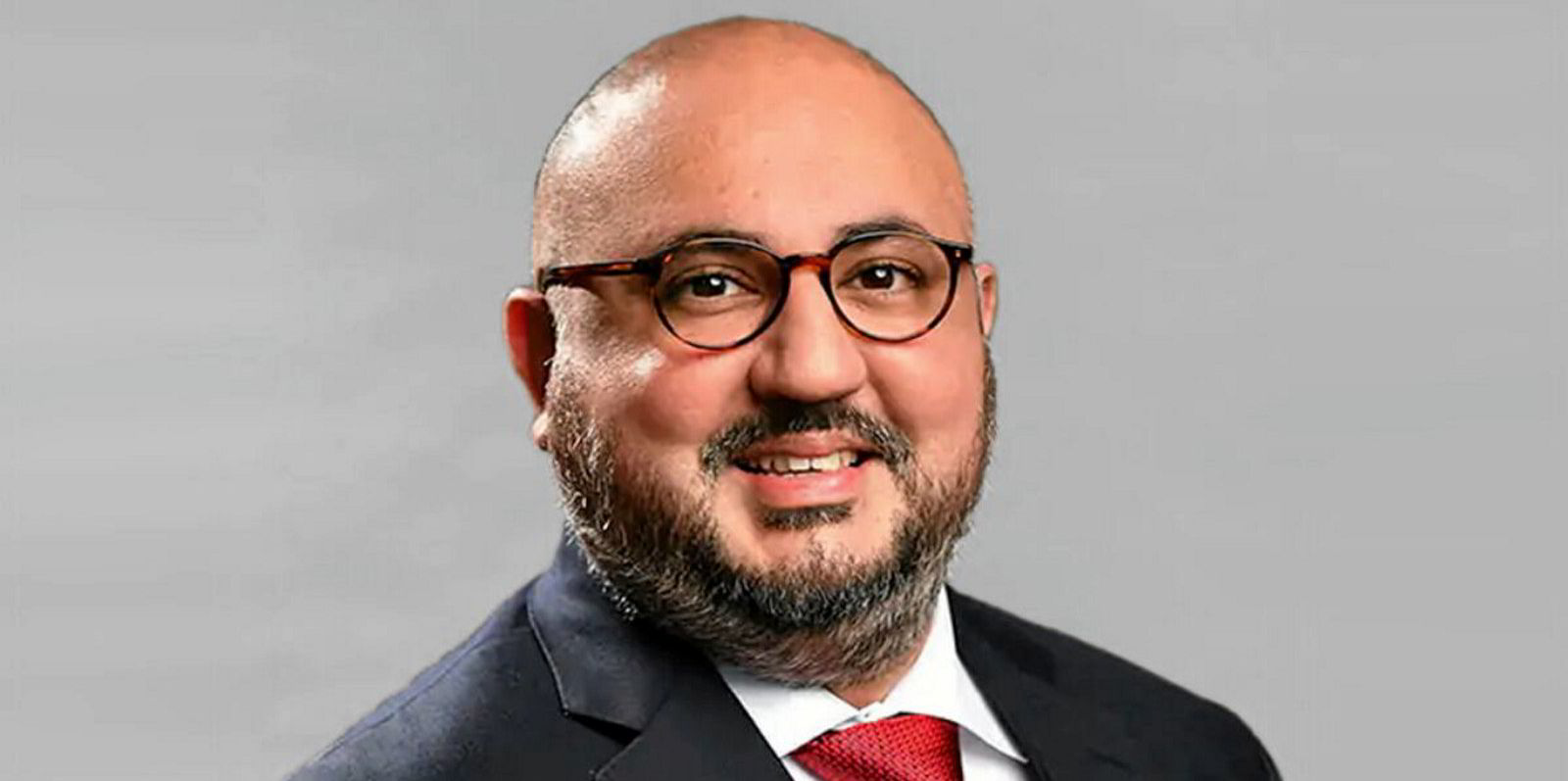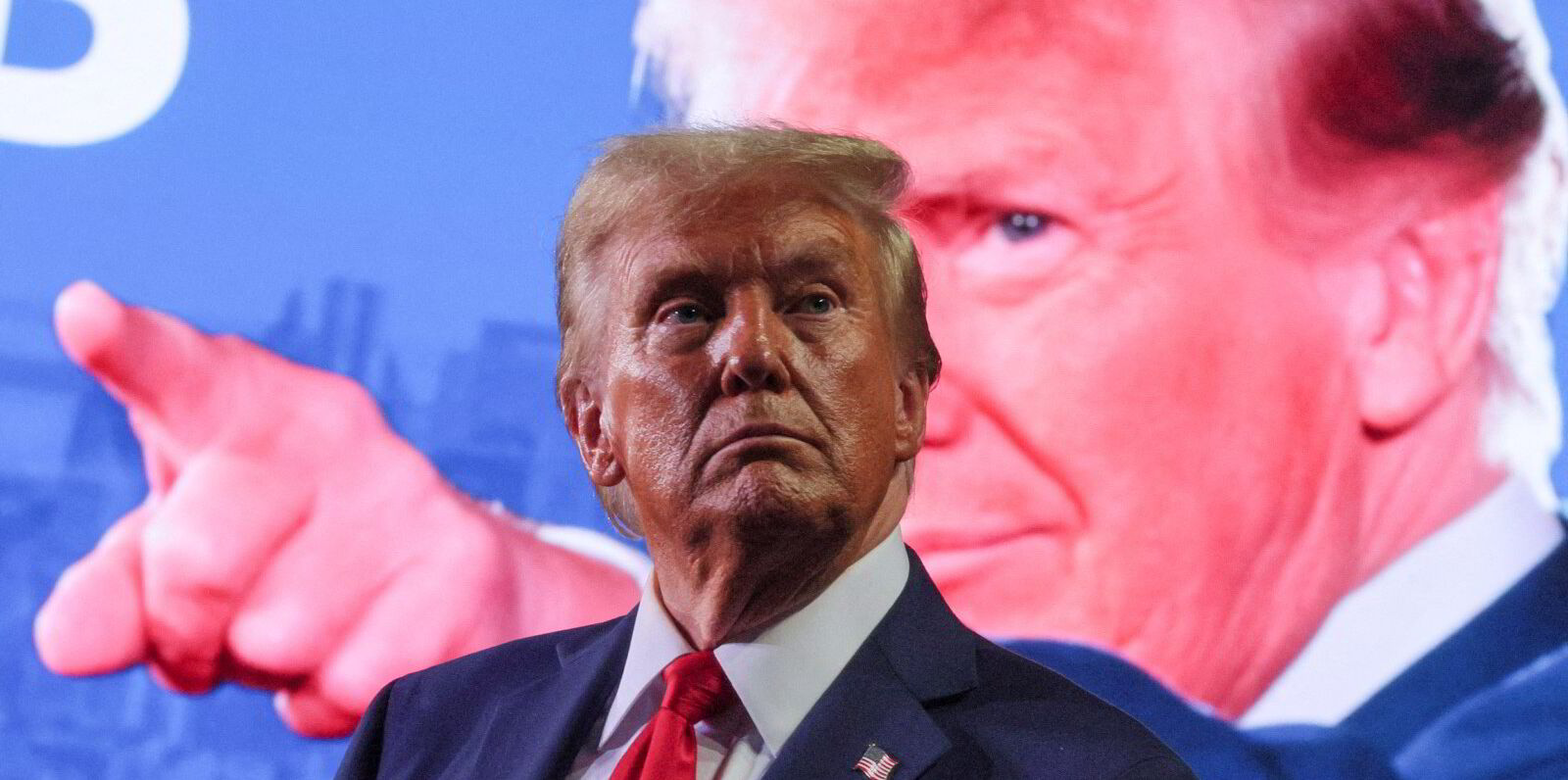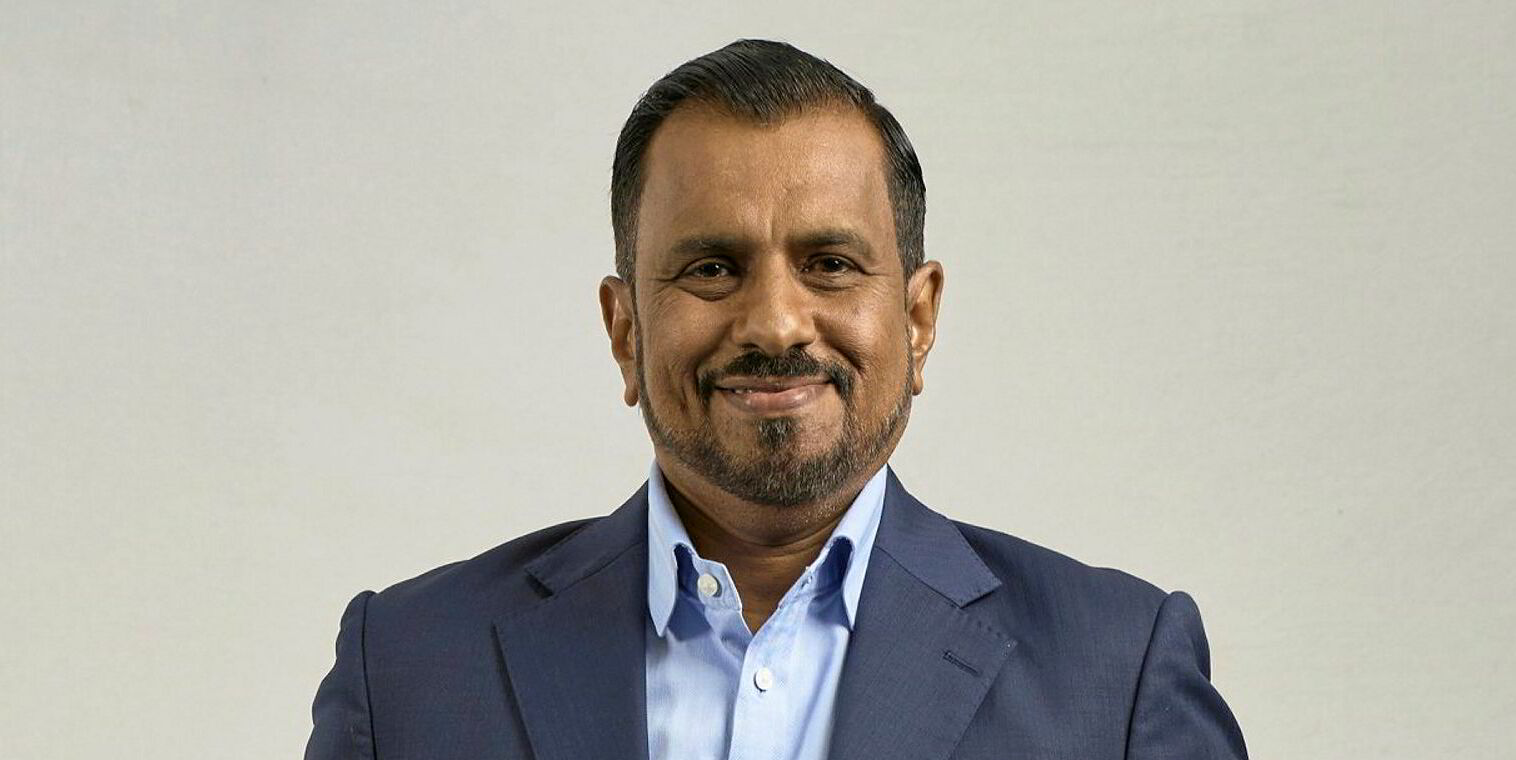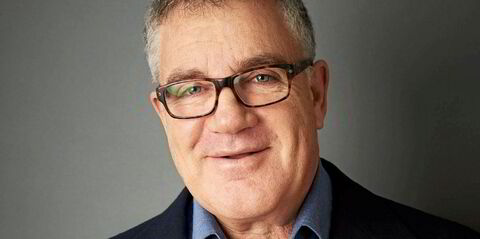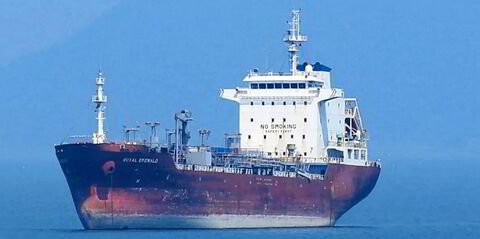With shipping taking centre stage in Hong Kong this week, Angad Banga is not underplaying its significance.
Shipowners have a fight on their hands because the world economy — and perhaps even global security — depends on them, he said.
Speaking today at the start of Hong Kong Maritime Week, Banga said shipping is at an inflection point in its battle against protectionism.
Banga, chairman of the Hong Kong Shipowners Association and chief operating officer of trading conglomerate Caravel Group, is proud of the role played by shipping during the pandemic.
But that success has been forgotten by the public and “is under threat from a challenging geopolitical environment”.
“It is putting long-standing free-trade principles in jeopardy and leading to an erosion of the global rules-based systems on which our industry has flourished,” he told a summit convened by the International Chamber of Shipping.
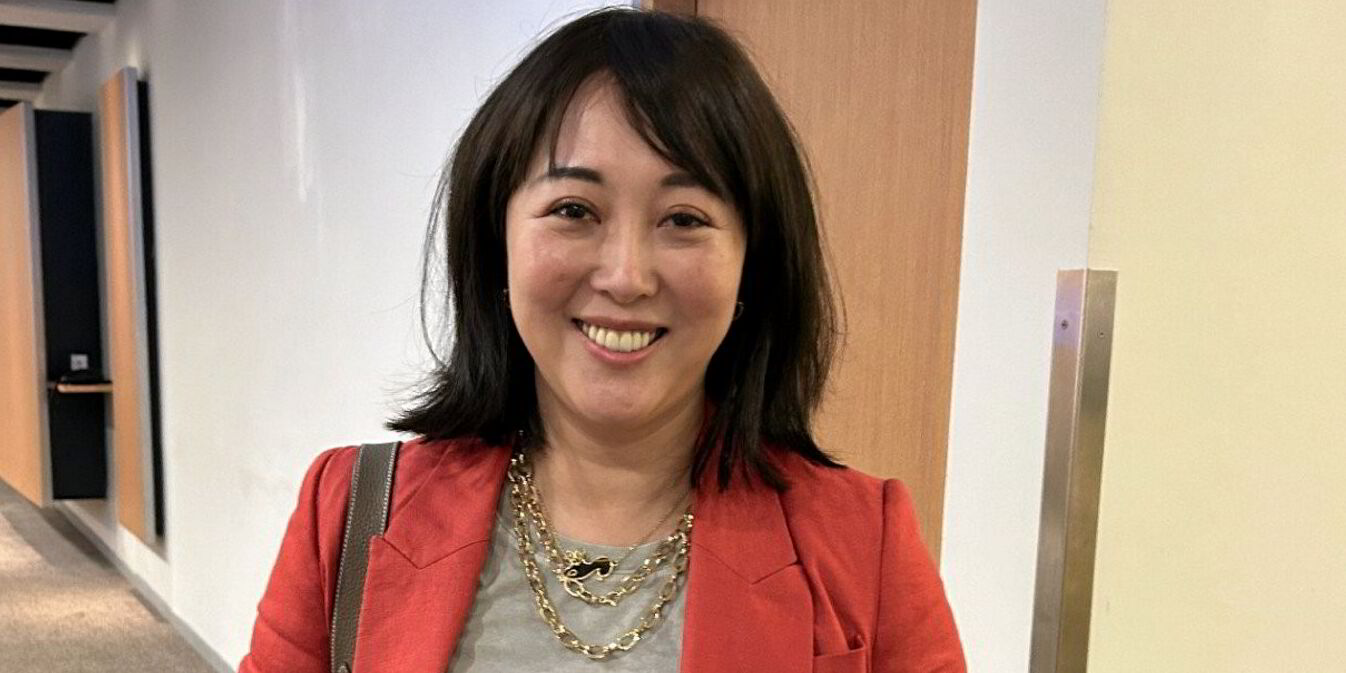
“We must stand firm, do all that we can to prevent further erosion and fight to reverse what has already taken place, because the global economy — and perhaps world security — are depending on our ability to navigate the seas of the world.”
Bigger challenges
Another Hong Kong shipping heavyweight, Sabrina Chao, chairman of Wah Kwong Maritime Transport Holdings and a former president of Bimco, weighed in with her opposition to protectionism.
She noted that Hong Kong owners had recently been caught in the middle of economic power struggles between China and the US.
Shipping should “continue to champion globalisation and get rid of protectionism”, she said.
“In shipping, we always talk about a level playing field, so I think to us that is very important that the International Maritime Organization will continue to maintain and advocate for that so that there’s certainty in our industry,” she said.
Chao described the industry as “very resilient”, adding: “We somehow always find a way to make it work through the path of least resistance.”
Having to be resilient through tough times is not something shipowners have enjoyed, according to Valles Steamship executive chairman Wellington Koo.
He expects government help will be needed to help owners meet decarbonisation goals.
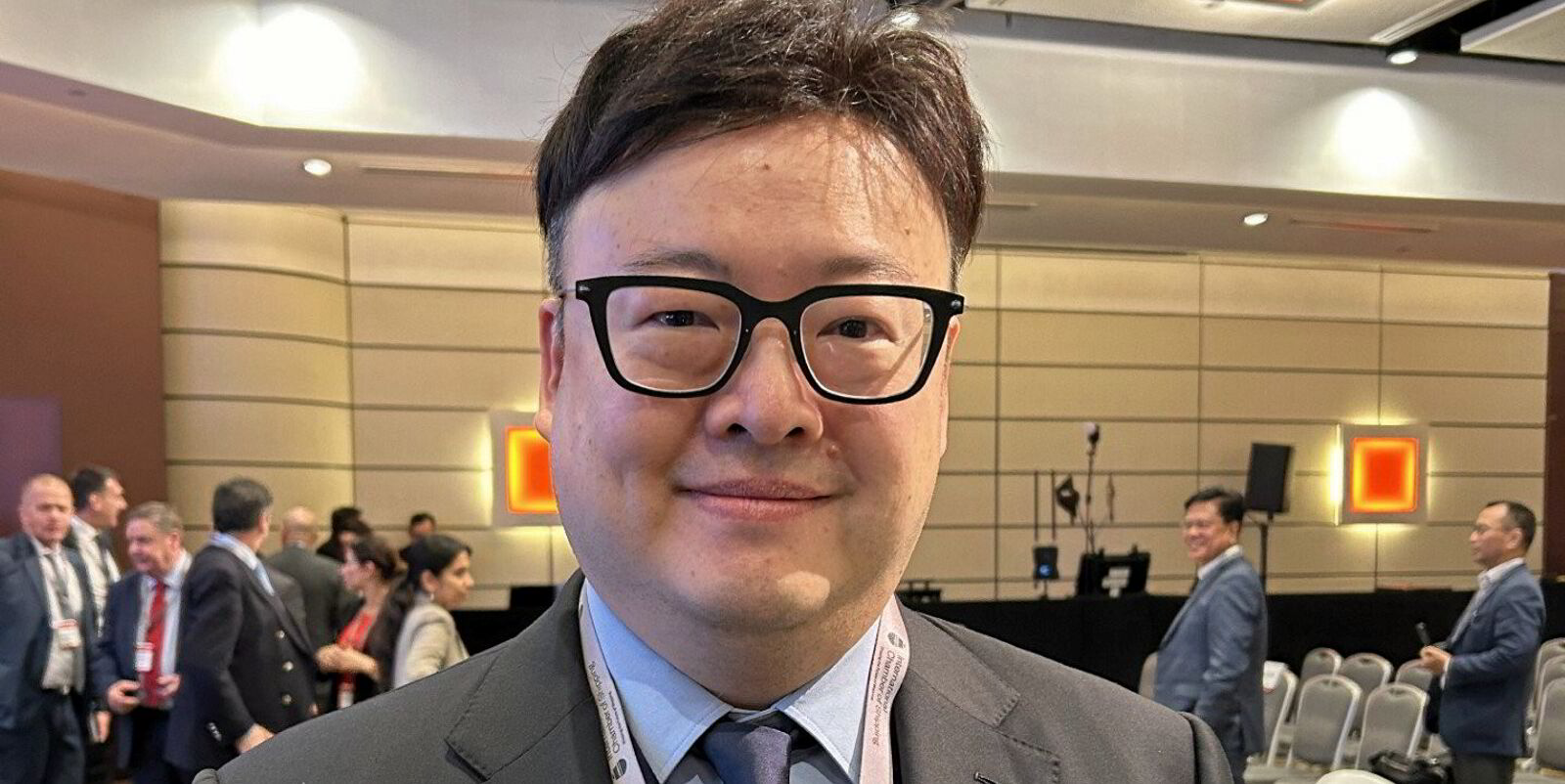
“Some sort of government encouragement or facilitation for the transition is definitely necessary for this whole transition,” he said.
Banga called climate change “a bigger challenge than many of us have faced before and one that deserves our passionate focus”.
“We are making progress,” he said.
“Last year’s IMO strategy lays out a clear path for us, but we need to move faster than ever if we are to fulfil our net-zero promises.
“We cannot undersell the importance of maintaining maritime free-trade principles to keep goods moving safely and uninhibited at sea.
“The common rules, the common understanding, has fuelled our success and our industry must not lose sight of this.”
Bad movie
The three owners also outlined their concerns for the safety of seafarers.
Chao queried shipping’s ability to continue having “a good flow of talent coming through to our industry”.
She questioned whether mariners have had enough education and support to help them through crucial times such as the Covid pandemic.
“If something like this [Covid] happened again, you know, what will happen to our seafarers?” she asked.

“So how do we assure that people will continue to come into our industry when they’re not really very well protected at this moment?”
Koo said it is hard to attract and retain talent when shipping has such a bad image.
“I always joke about when you watch movies: when it involves shipping, it’s always not a good movie. It’s always bad, something tragic,” he said.
“So, if people don’t really see the industry as something that is very important, then no wonder the youngsters won’t consider shipping as a profession.”
